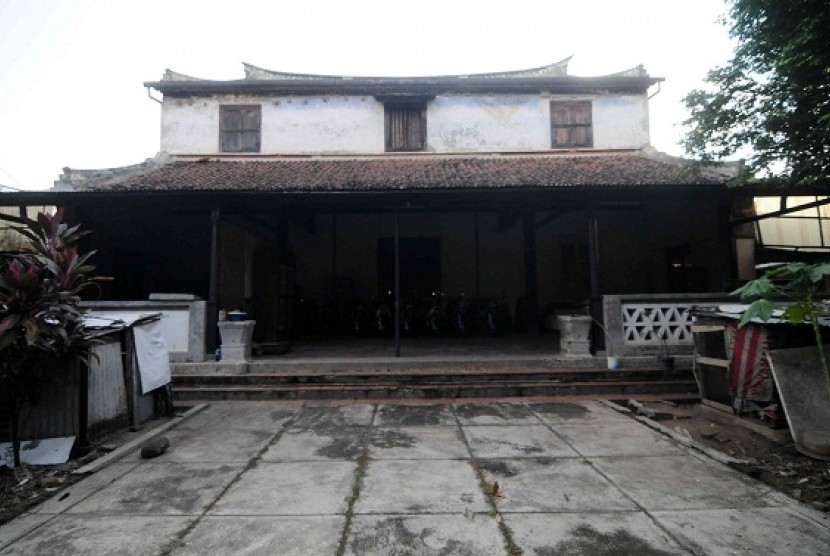Coordinator of Madiun Heritage Community, Bernadi S Dangin once criticized Madiun in East Java, as a city without identity. Communities and local government often overlook their own historical buildings and cultural heritage there, despite Madiun originally had historical traces of Majapahit Kingdom and the Sultanate of Mataram during the Dutch colonial era.
At the downtown of Madiun, there is a 'House of Kapitan China' which located right in front of Madiun Square. House of Kapitan China was formerly the central base of the Dutch officers to oversee and attract levy from Chinese people who trade in Madiun.
The European style house has three doors and privately was owned by the descendants of Kapitan China. The railroads from Madiun to Ponorogo, through to old Madiun station and the city center, stops in front of the House of Kapitan China. "If the railroads stop in front of the house, we can conclude that Kapitan China had an important position during the Dutch colonial period," Dangin said on Sunday.
Visitors can walk on Diponegoro Street, formerly named Wilhelmina Street. In the area, there is a building named Boschbouw Bosbow, a school of forestry in the colonial era in Madiun. The founder was JH Becking. Since long time ago, Madiun has been known as a center of production of teak forest in East Java.
Madiun also has a Chinatown which was formerly an trade center of Java. There is an old house with Chinese architecture which owned by Lee family. When the gates is open, two Kilins (lion statue) stand on both sides of the pavement. Both Kilins are as old as 150 years and were sent directly from China.


